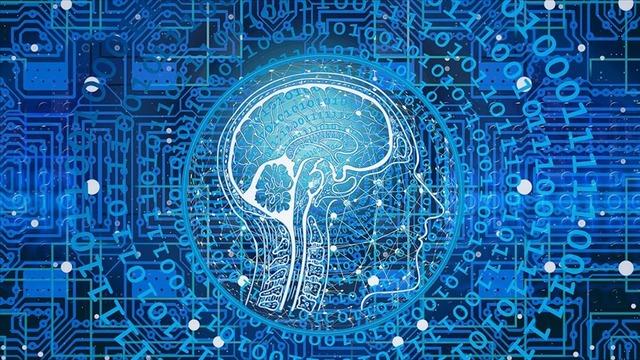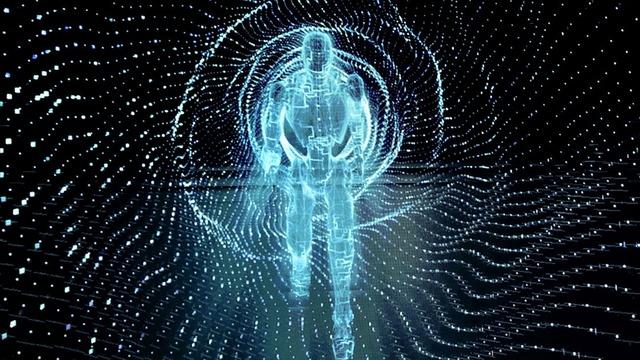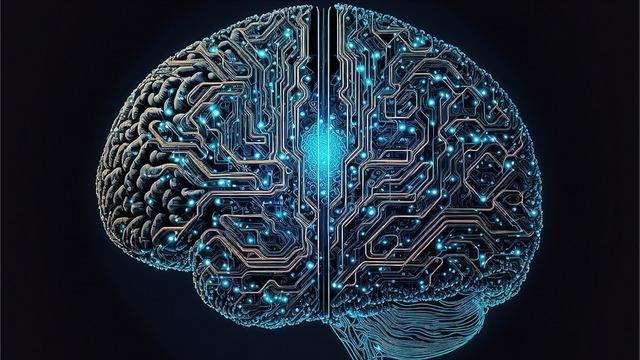According to the news of the French-based AFP news agency, Super Brain, one of the artificial intelligence companies in China, announced that an application called “ghost bot” has been implemented. In the application, which will be frequently preferred by the relatives of the deceased, the voices and images of the dead will be brought to their relatives thanks to artificial intelligence software.
Zhang Zewei, founder of Super Brain, one of the artificial intelligence companies in the country, said, “China is a global leader when it comes to artificial intelligence technology. There are many people in China who need these programs. This gives us an advantage.”

PRICE HAS BEEN ANNOUNCED
The technology company announced that the price of this technology they developed varies between 10 thousand and 20 thousand yuan (approximately 41 thousand 400 TL to 82 thousand 800 TL) and that the avatar of any person can be created within 20 days.
Among the company’s potential customers are relatives of deceased people, parents who cannot spend time with their children, and even people who have their ex-lover’s avatar made.

“Even though I may never come to you again…”
Zhang stated that their work meets the emotional needs of many people and said, “A digital version of someone can exist forever, even after their body disappears.”
Father Seakoo Wu, who lost his son Şunamo at the age of 22, is among those who prepared an avatar in collaboration with Super Brain.
When Seakoo visits his son’s grave, he takes out his cell phone and listens to Shunamo’s avatar speaking. The robotic voice coming from the phone said to the father, “I know that you suffer greatly every day and feel guilty and helpless because of me. Even though I will never be able to come to you again, my soul is still in this world, it will accompany you throughout life.” he said.

DISCUSSIONS ABOUT WHETHER HE WILL BE LOYAL TO HIS PERSONALITY
Sima Hupeng, founder of the China-based Silicon Intelligence company focusing on artificial intelligence technology, argued that avatars will “break new ground in the understanding of humanism.”
Tal Morse from the University of Bath in the United Kingdom pointed out that more research is needed on the psychological and ethical dimensions of such software.
“The key question here is how ‘loyal’ the ghost bots are to the personality they are designed to emulate. What happens if they do things that ‘contaminate’ the memory of the person they are supposed to represent?” the academic said. said.

